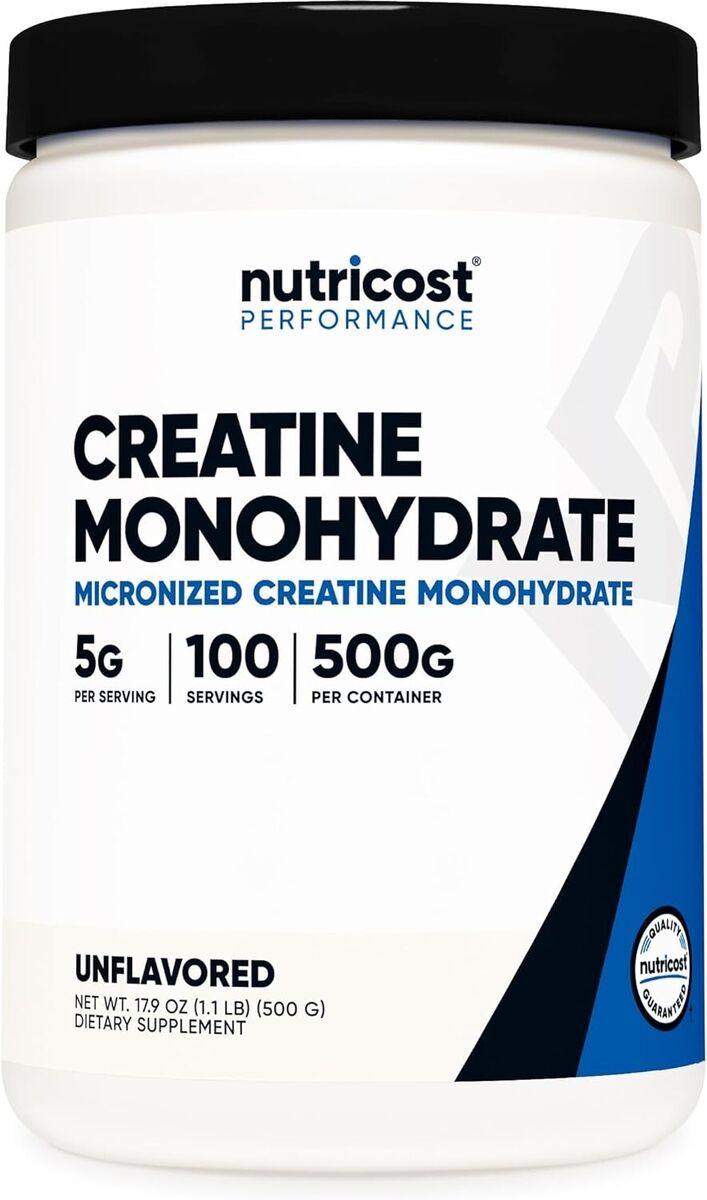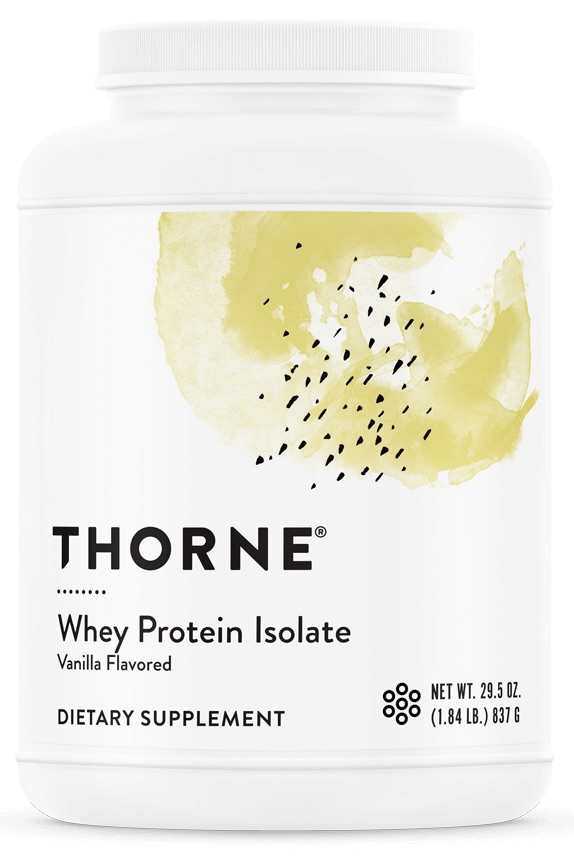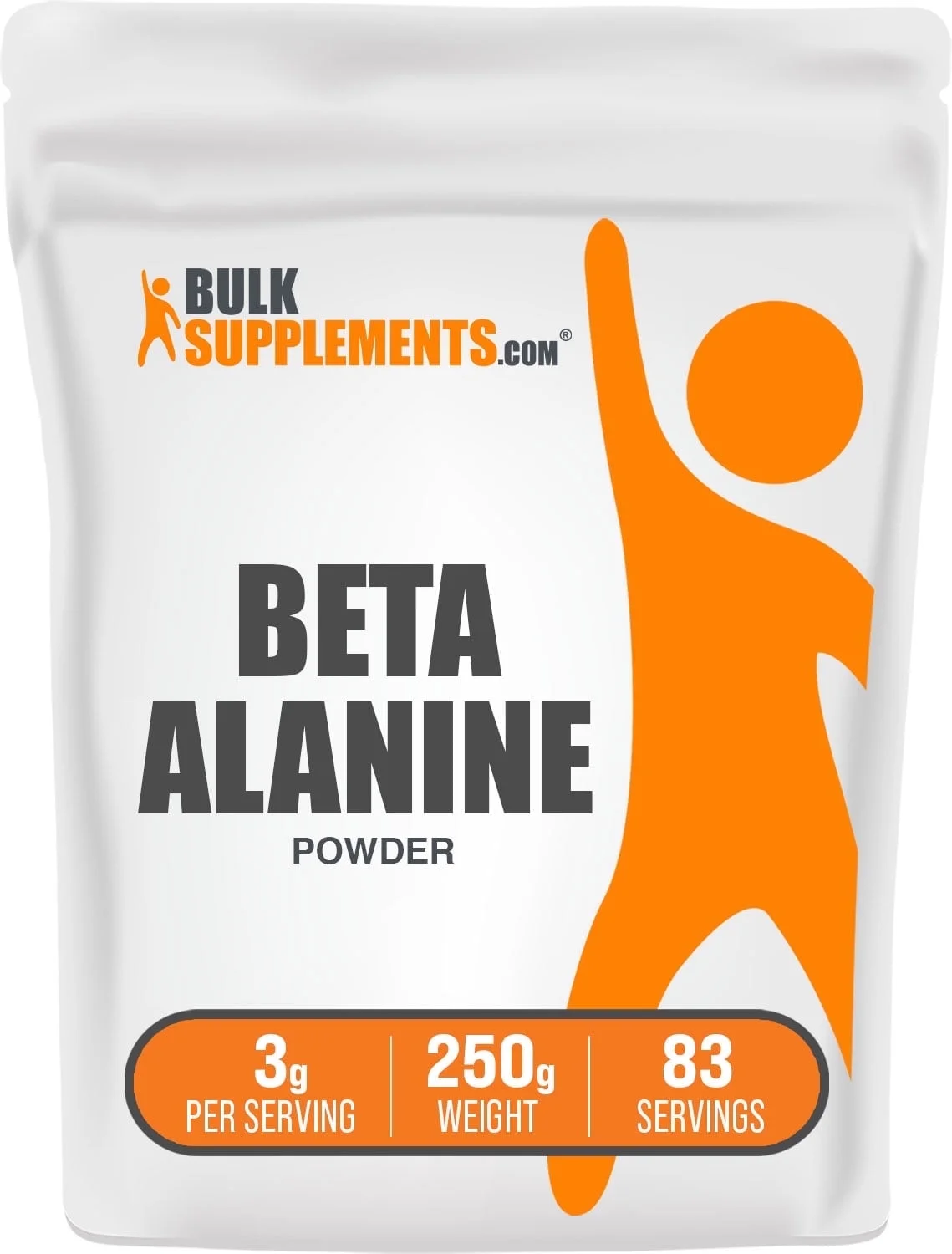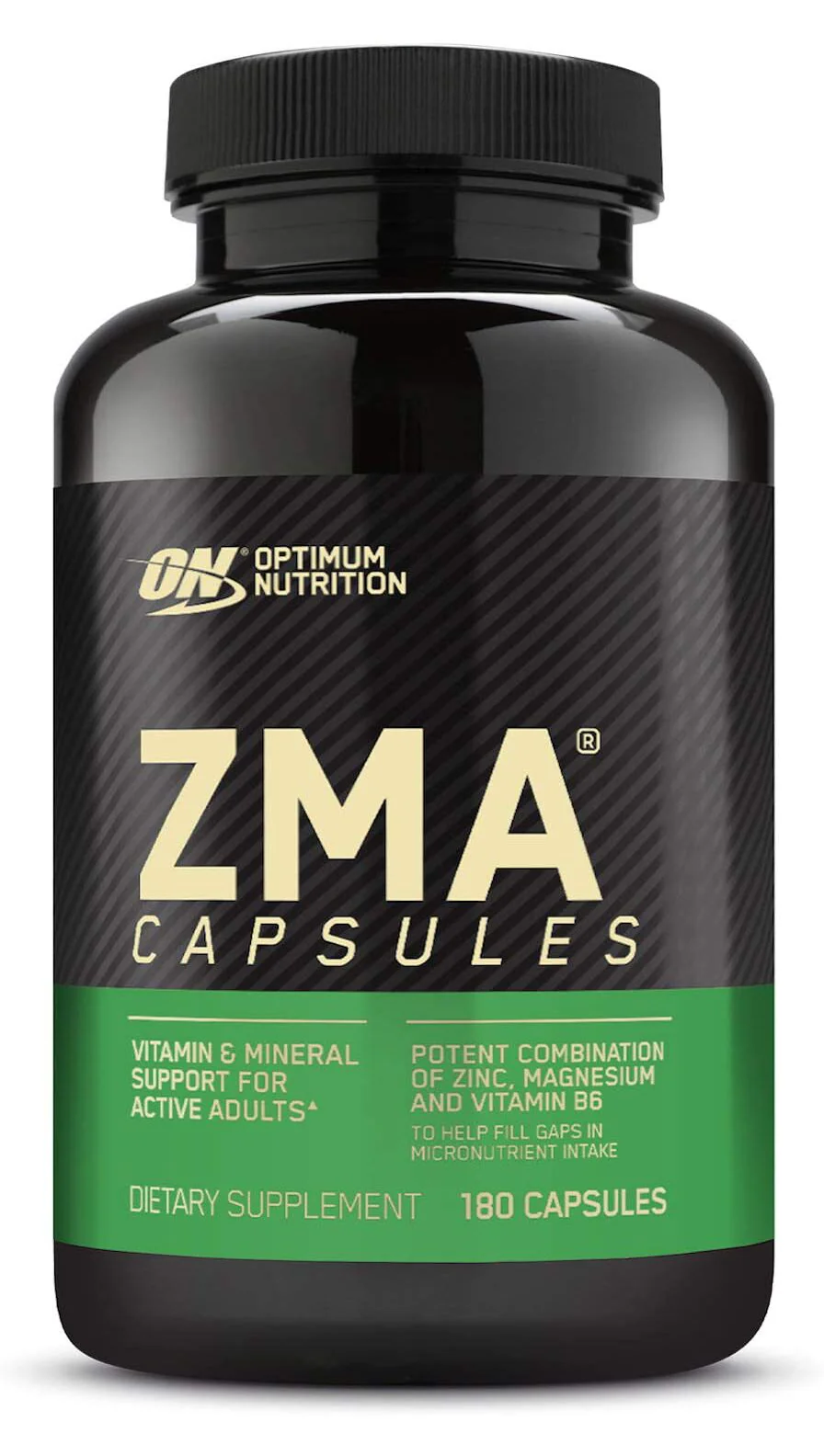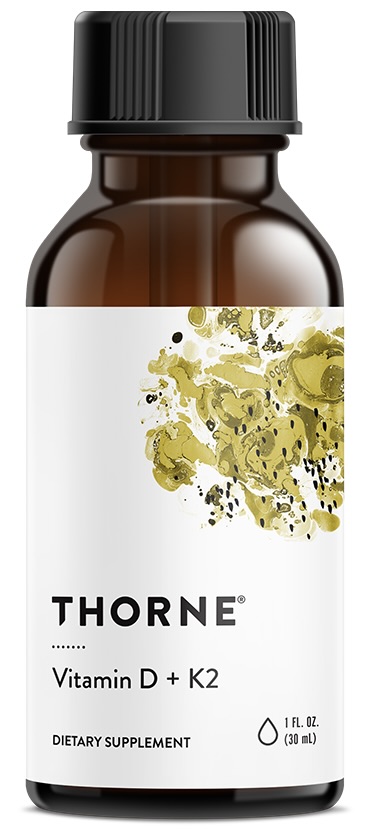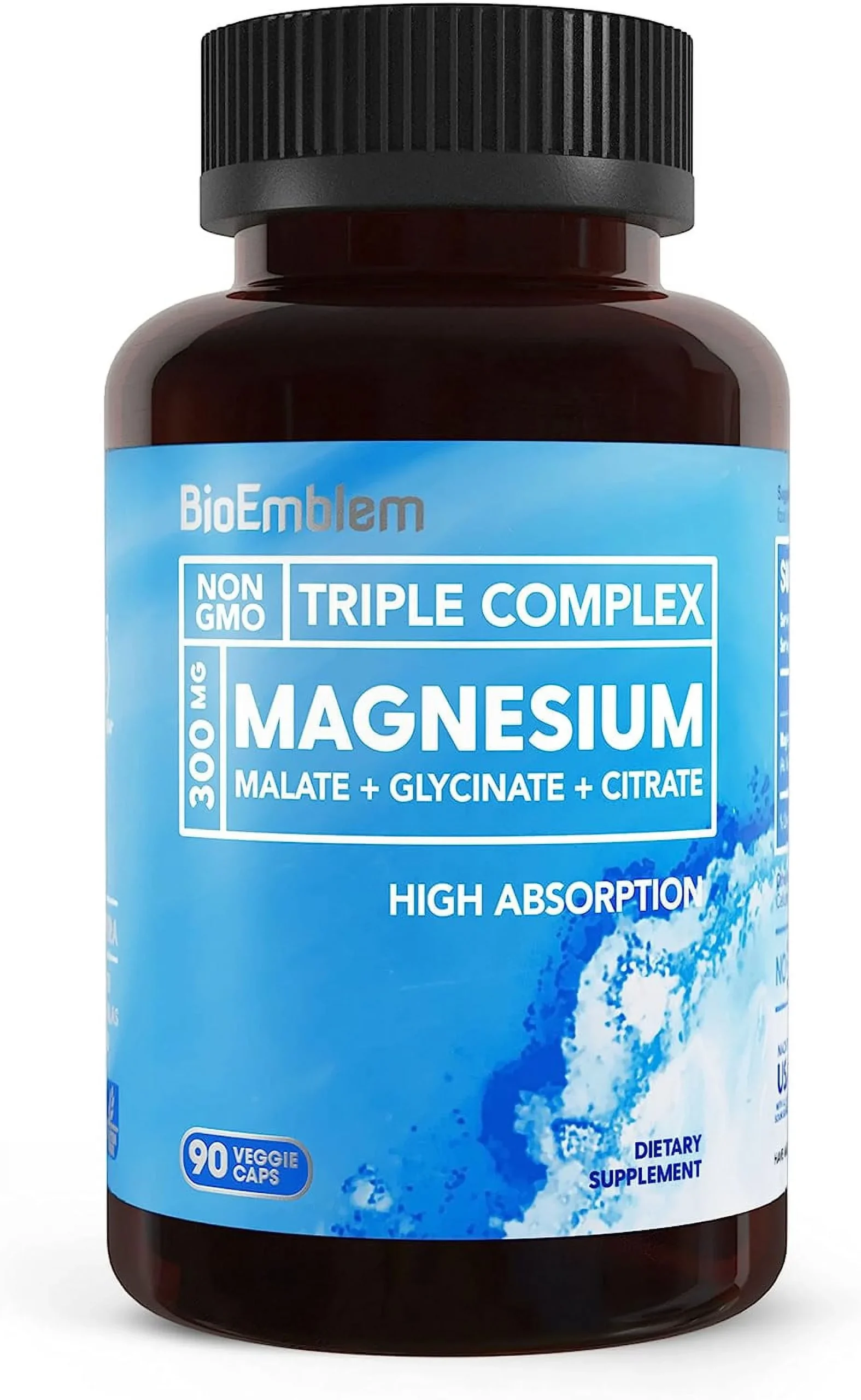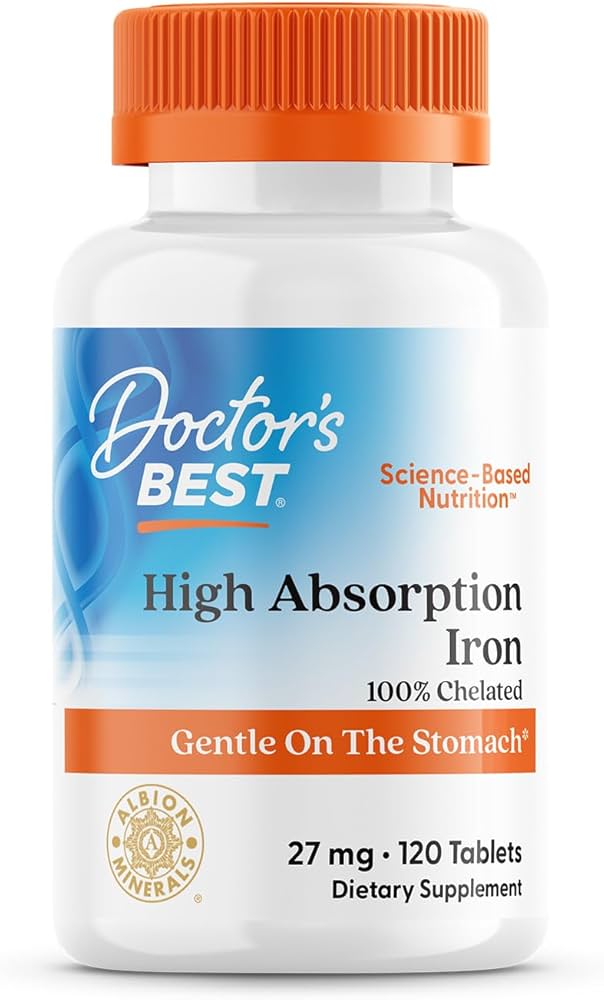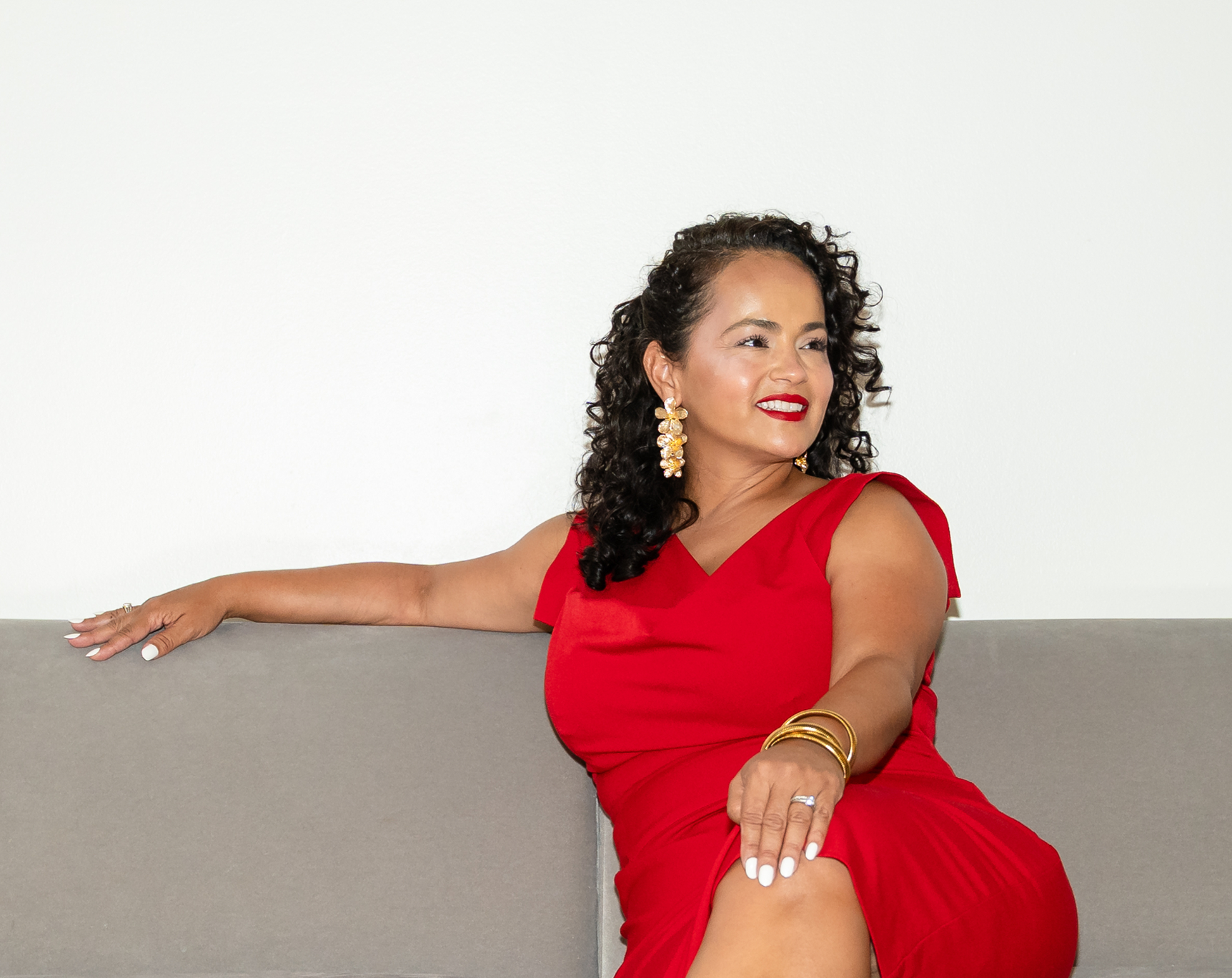Before the collagen shots, before the fizzy magnesium, before the apps that buzz to tell you when to sleep, there’s a question no one teaches you to ask: Are you reading your body, or just reacting to it?
Real, sustainable wellness doesn’t start with a routine.
It starts with observation. That’s what body literacy is:
learning to understand what your body has always known, but got buried under formulas, screens, and social prescriptions.
This piece won’t promise a solution. It won’t promise improvement. It offers something better: discernment.
I. What You Take (Without Knowing Why)
Supplements aren’t the issue. The issue is skipping the essential question:
Do I really need this?
- Creatine: strength, recovery, maybe even mental clarity.
- Protein: not for bulking—just to maintain structure.
- Beta-Alanine: endurance, tolerance.
- ZMA: sleep, immunity and balance.
- Nitrates: cardiovascular efficiency. Quiet, not flashy.
None of them are magic. All of them are valid, if you understand what they do, and why you’re taking them. If no one explained side effects, it’s not self-care, It’s performance dressed up as discipline.
SUPPLEMENTS:
II. What You’re Missing (But Never Investigated)
Most people aren’t overloaded with toxins. They’re depleted in basics.
The most toxic thing? Not knowing it.
- Vitamin D: mood, immunity, bones.
- Magnesium: stress, sleep, digestion.
- Iron: oxygenation, clarity, real energy.
Run tests. Don’t guess.
Fatigue isn’t always stress.
Irritability isn’t always personality.
III. What You Track (As If That Were Health)
Apps help until they start judging. Counting steps doesn’t mean you moved with intention. Tracking calories doesn’t mean you nourished yourself. More data doesn’t mean deeper awareness. Strava, headspace, sleep monitors, fasting clocks… all useful until they replace your intuition. Tracking without reflection is noise. Tracking with self-awareness is literacy.
IV. What Can’t Be Bought (Though They Try)
The fundamentals of wellness are often invisible because they’re free.
- Sleeping without interruption
- Breathing without distraction
- Eating without multitasking
- Drinking water before you’re thirsty
- Moving without trying to shrink
- Sitting still for five minutes, without guilt
That is health. Everything else is packaging.
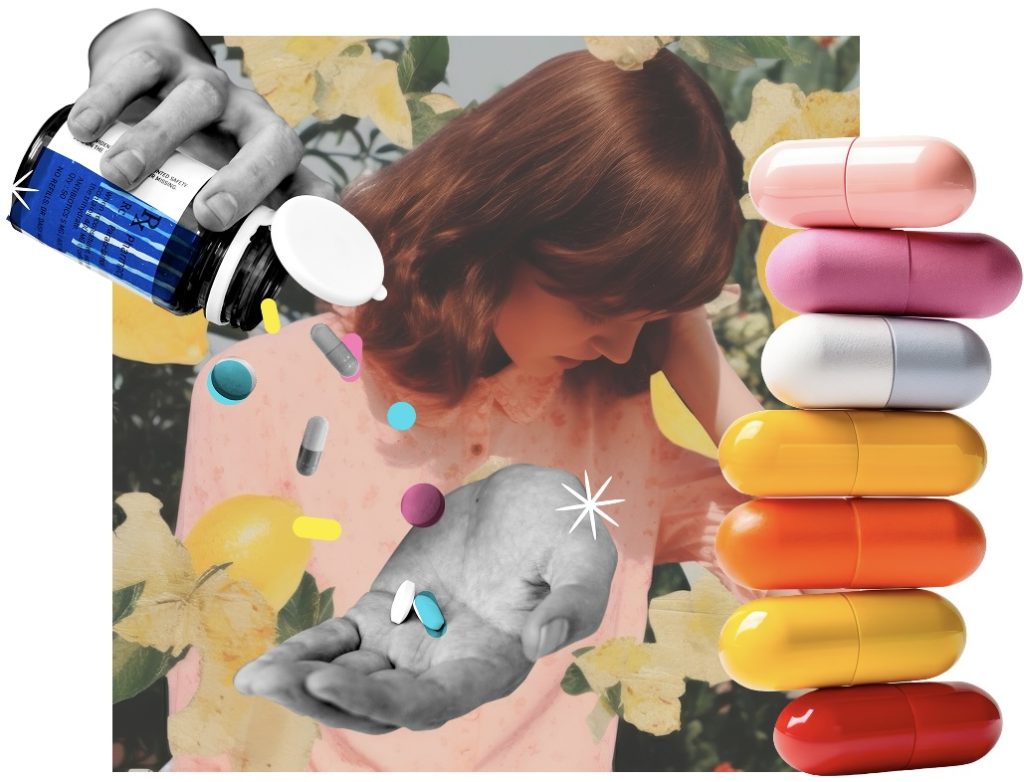
V. What No One Else Can Do for You
Your body isn’t waiting for another supplement. It’s waiting for context.
Taking care of yourself isn’t about doing more. It’s about doing what actually matters. Body literacy doesn’t begin when you add habits; it begins when you question them.
FINAL WORD
You don’t need a new system. Or a better version of yourself. Or another round of “optimization.” What you need is the version of you that knows how to listen to what’s already there.
What your body keeps saying: “I don’t need to be optimized.
I need to be understood.” And to understand it? You need more than instinct.
Consult. Investigate. Cross-check. Seeing a doctor isn’t weakness, it’s a high-level self-love decision. Because your body deserves care. But more than anything, it deserves context. Self-care without knowledge is just well-branded improvisation.

